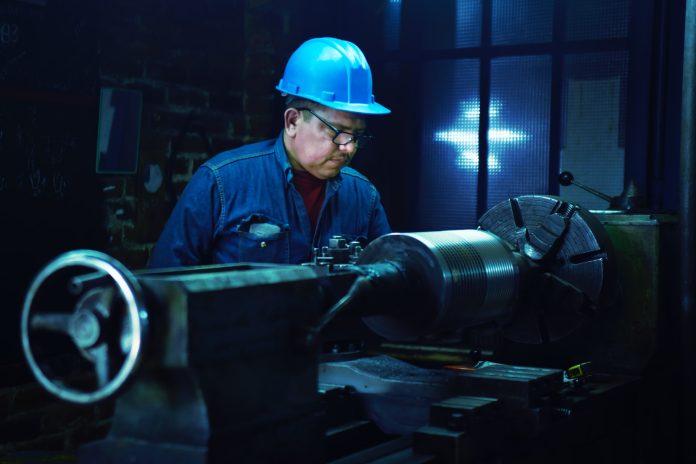British manufacturing is facing a huge recession. According to The Guardian, manufacturing outputs have massively slumped due to the inflationary hit to consumer real income, and that will mean an industry impacted by significant and long-term damage. In order to meet this challenge and arrest the slump, British manufacturing is undoubtedly going to need to make huge changes. The most effective way to generate greater efficiency is to fully embrace innovation, and to work with determination to reduce overheads and other inefficiencies. Using this double-pronged approach will help British manufacturers to make long-term change.
Embracing innovation
In order to stay competitive, British manufacturing businesses must embrace innovation – and quickly. Innovation can take hold in a number of different processes, from the top to the bottom of the business. For instance, using new software packages can help to reduce administrative overheads and produce better results in machining, and using new, high-tech and low-carbon tools can produce better quality equipment at superior speeds. Indeed, undertaking upgrades to the infrastructure of the manufacturing plant can have a huge impact in and of itself. What’s more, when it comes to the matter of innovation, there are already support packages out there to help tackle the likes of training costs and technological upgrades. The Department for Business, Energy and Industrial Strategy recently debuted their £50 million investment hub which specifically targets innovation for those at-need manufacturing businesses.
Cutting away overheads
All businesses may have to tighten their belts to deal with the increasing cost of living, but manufacturing businesses may have a more acute problem than most. According to Yahoo, 56% of businesses have cited increased overheads as a reason for increasing their costs. Energy is chief among these issues, and is something difficult to tackle – and so looking for cost cutting in other areas is important. Admin costs, expenses, material costs and staff schemes may need to be re-assessed. Bringing in automation is crucial, as this will help to free up valuable time for team members to work on their projects and keep the factory line ticking over.
Finding the buyers
One benefit of the financial turmoil impacting Great Briitain has been the ‘reshoring’ of the British supply chain. A response to the pandemic and Brexit, Financial Times claim that this process makes for a more resilient and cost-effective manufacturing sector. It’s important that businesses embrace this more than ever and look to their local supply chain to find new ways to manage their B2B relationships, finding new buyers and also securing the loyalty and positive working relationship with existing delivery partners. A focus on local business will also help to drive the economy in the immediate area of the manufacturing business, an essential part of economic recovery.
With this approach, manufacturing businesses can become a focal point for recovery. Acting as an exemplar of tech-focused and efficient business in the local area is something that shouldn’t be underestimated.



 Bitcoin
Bitcoin  Ethereum
Ethereum  Tether
Tether  XRP
XRP  Solana
Solana  USDC
USDC  TRON
TRON  Lido Staked Ether
Lido Staked Ether  Cardano
Cardano  Avalanche
Avalanche  Toncoin
Toncoin